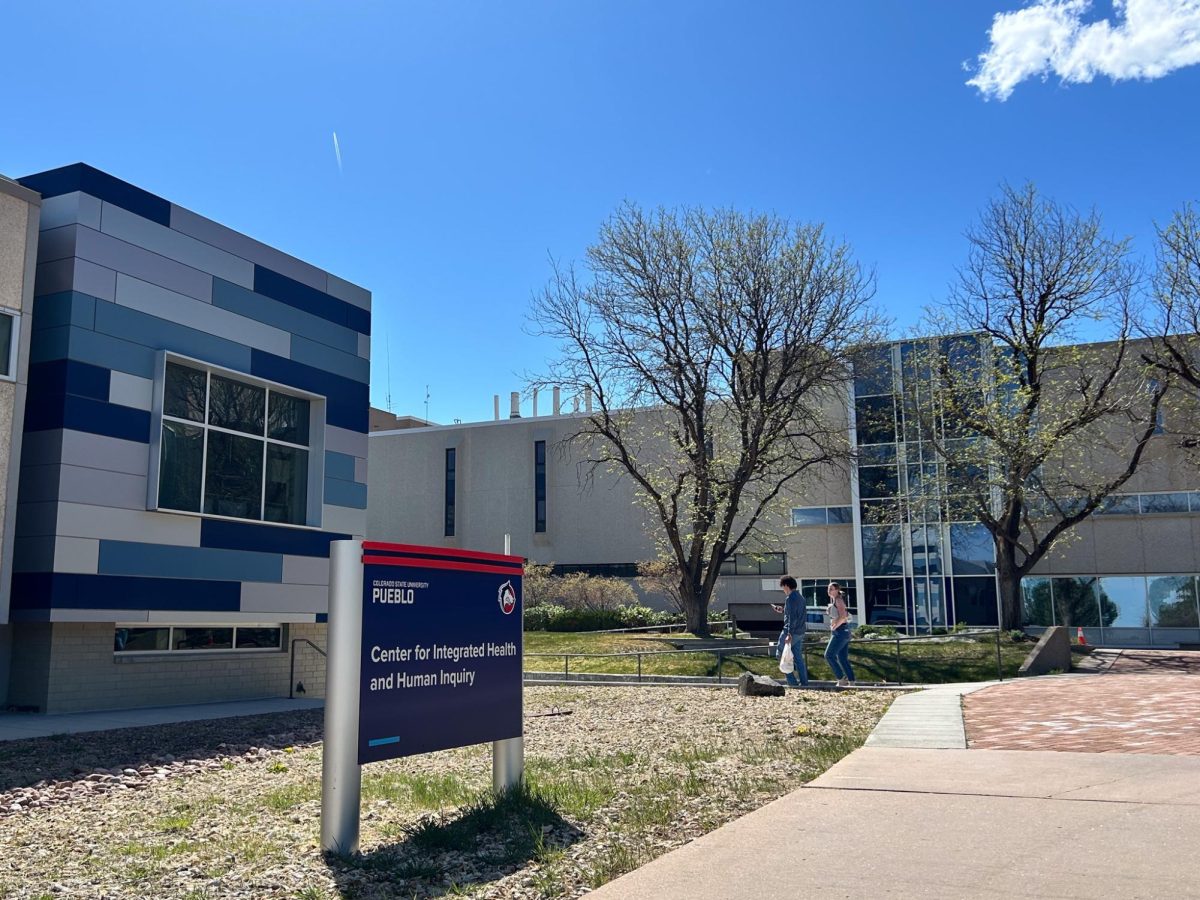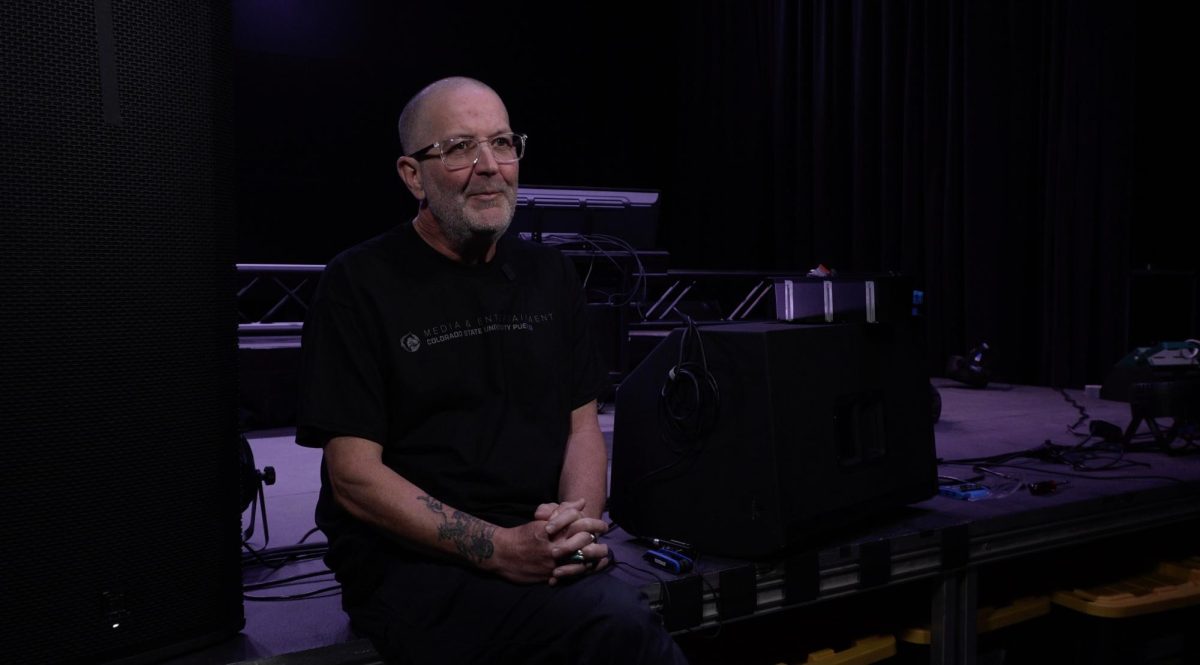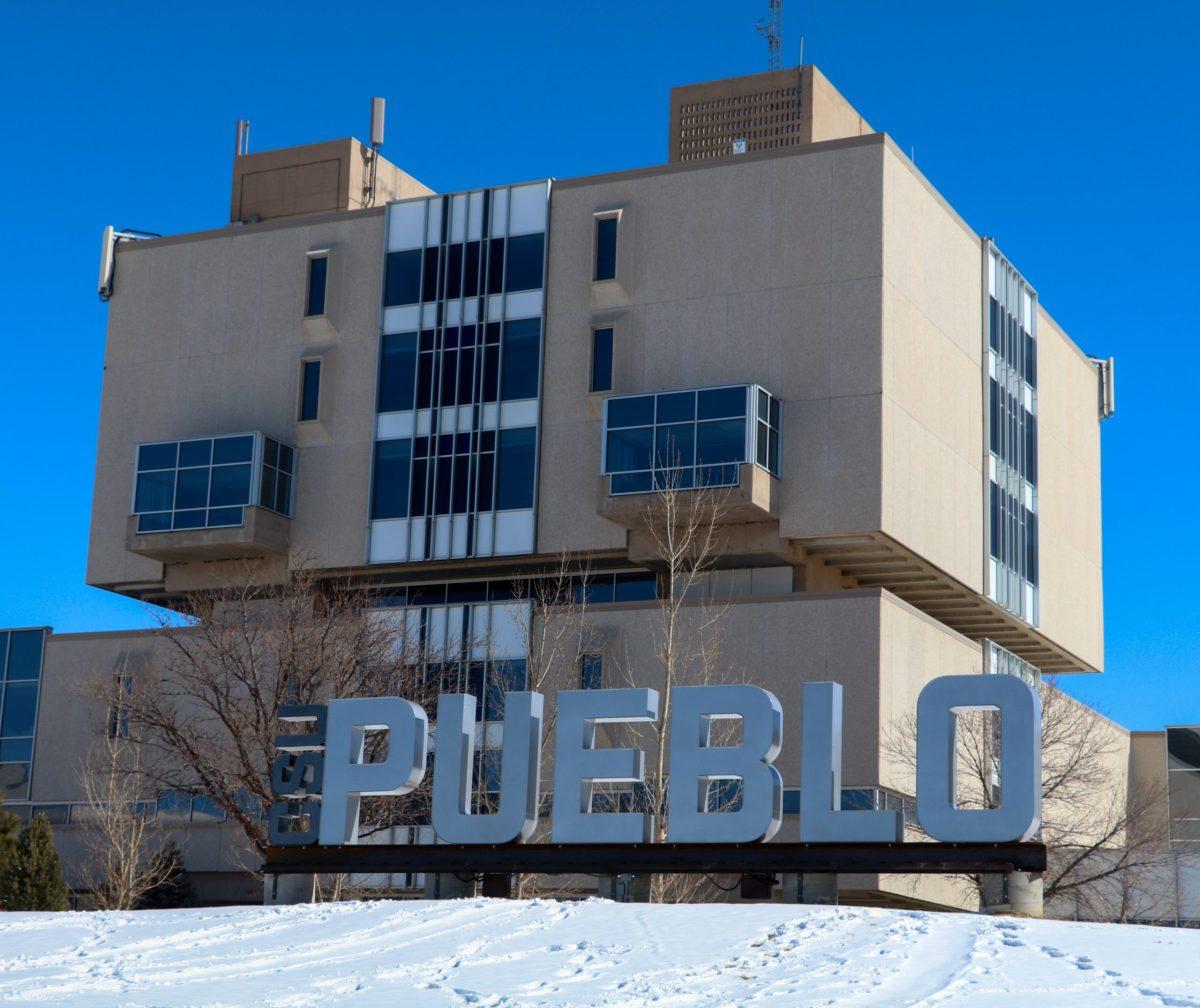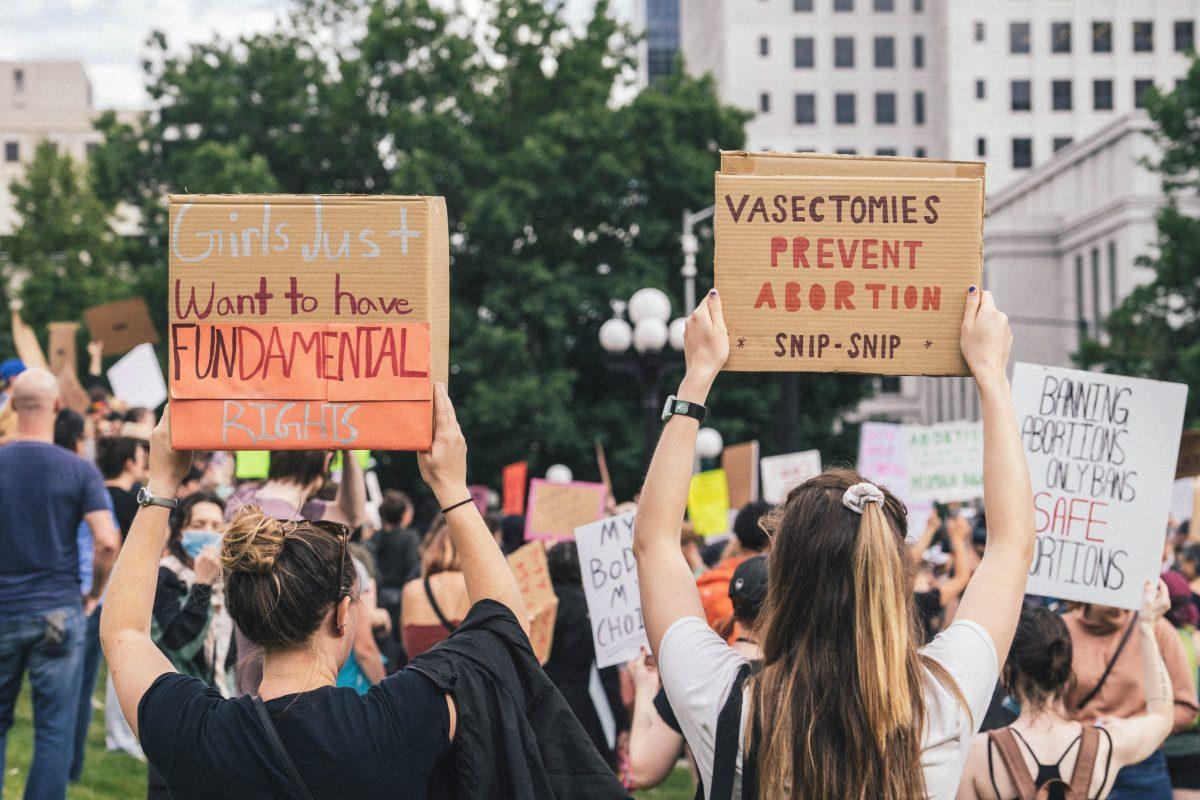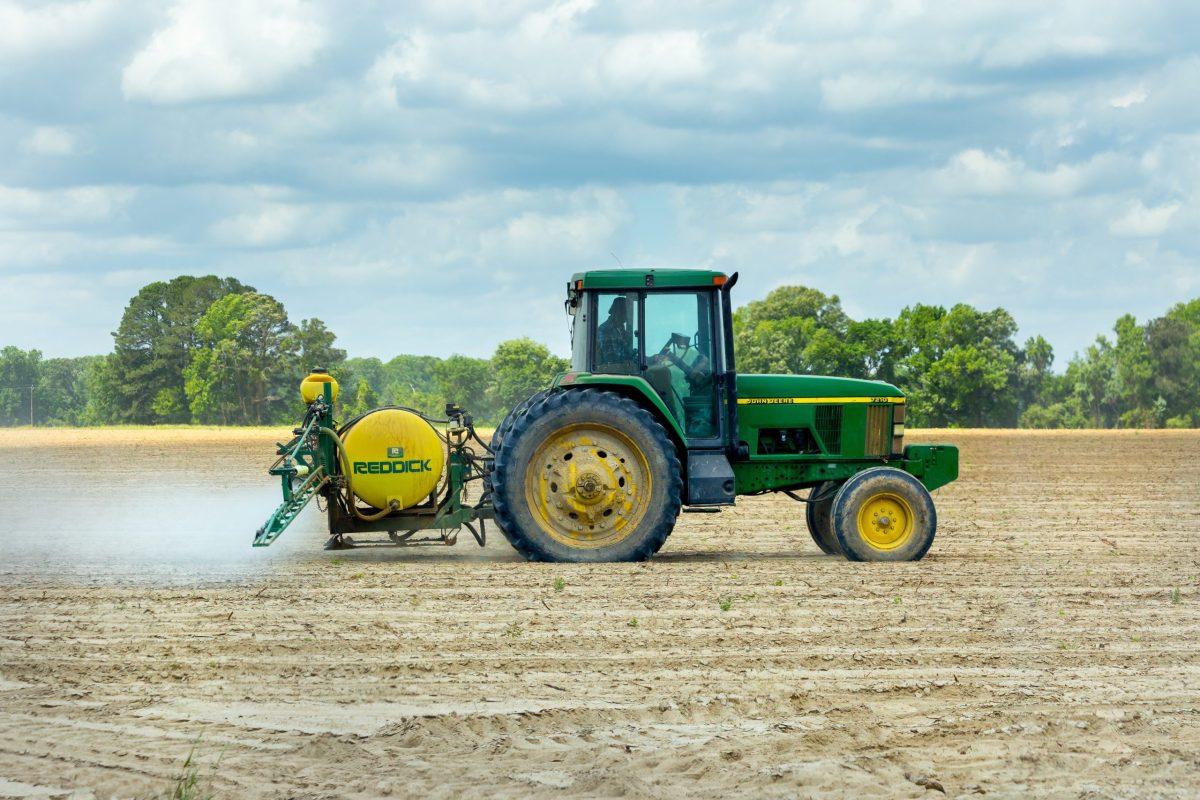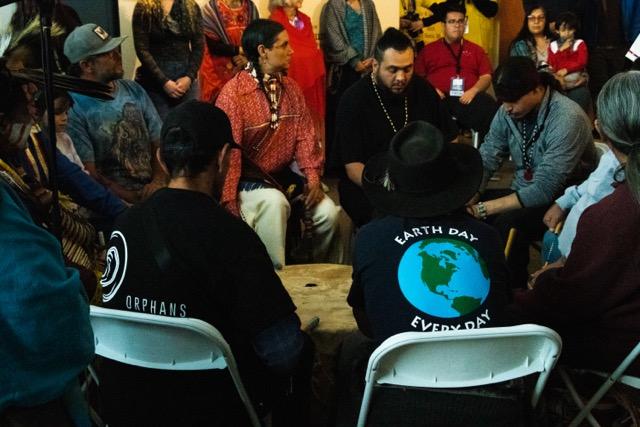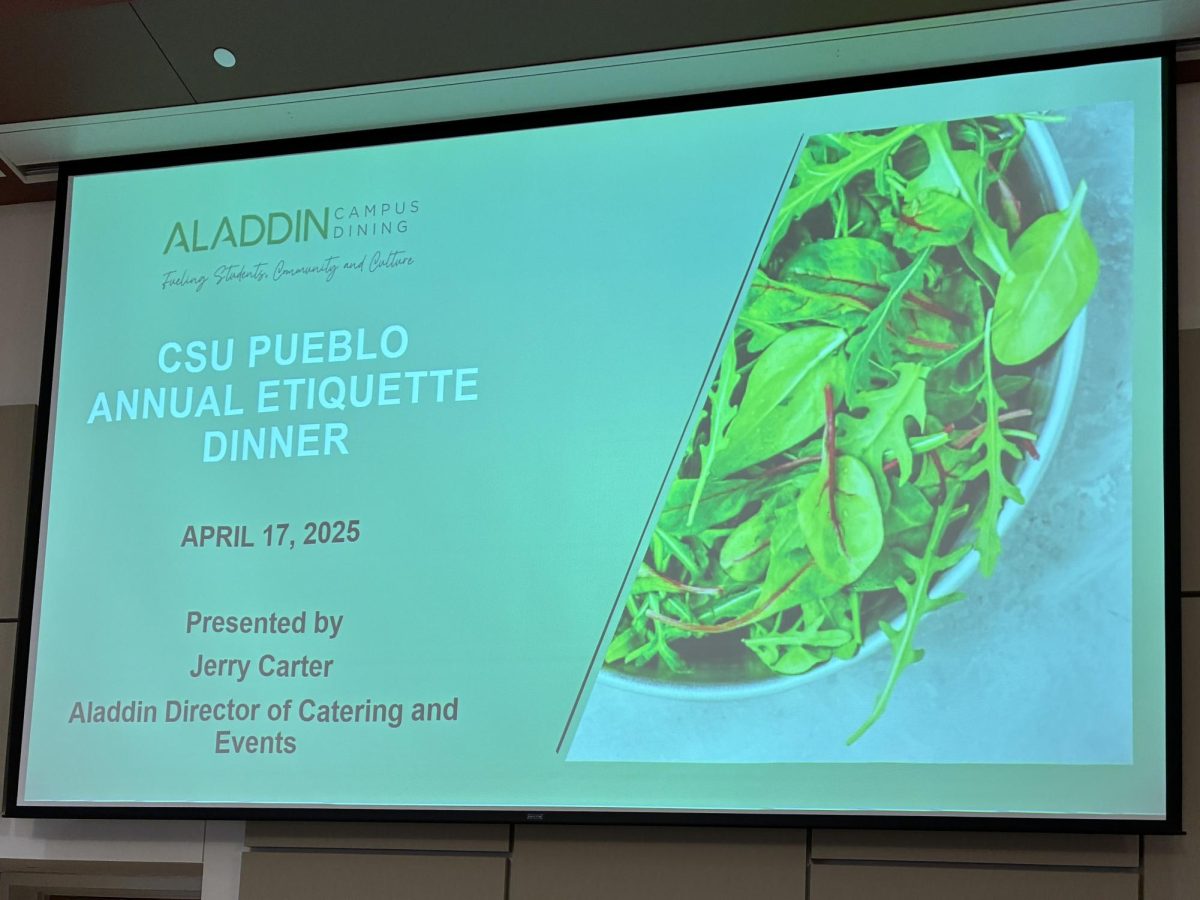Humankind steps in to feed its people
By Natashia Gebre-Zion
During the 1960s, the Brown Berets stood by Cesar Chavez to protest better working conditions. A Puebloan identified as Mrs. Garcia would drive every day from Salt Creek to Colorado Springs and Denver to make sure those demonstrators were given a warm meal.
Despite living just miles from the heart of Colorado’s agricultural hub, Pueblo residents are experiencing food insecurities. According to FeedingAmerica.org, 19.1% of children in Pueblo are experiencing food insecurities, and 16% are ineligible for nutrition programs.
Dr. Marissa Prince, who has a degree in psychology, said: “Food insecurity is experienced by more than 100,000 Colorado young people every day. This issue is not just about food, it is about the health and well-being of young people who are missing at least one meal a day and often going to bed hungry.”
People have called Pueblo poor, dangerous, outdated, even the Elephant Graveyard of Colorado; but despite all the negative labels, Pueblo citizens are known for being heroes.
Mothers take action
In 1968, The Casa Verde Mothers came together after a young girl was hit by a cargo truck while riding her bike. The volunteer group wanted a better community for the children and neighbors in Pueblo.
The Casa Verde Mothers consisted of Donna Herreram Mary Herrera, Lola Lovato, Prudencia Medina, Eva Montoya, Peggy Rodriguez, Bea Roybal, Josie Valdez and Helen Pacheco Young.
They held bake sales, huevo ranchero brunches on Sundays and businessman luncheons on Wednesday to make money. They would go and buy groceries for families who were experiencing food insecurities, said Carmen Arteaga, the daughter of original Casa Verde Mother Roybal.
“Some of the families couldn’t pay their rent, and the ladies would use that money to pay their rent. But buying food was one of the things they would do,” Arteaga said.
According to the National Education Association (NEA), “Missing meals and experiencing hunger impairs children’s development and achievements.”
“Food insecurity doesn’t stop at just being hungry. It impacts their present and future health and educational outcomes,” Dr. Prince said.
“A lot of people don’t have access to fresh produce and things that they need, or they don’t have a car to get to the other side of town. … It’s not a single person problem, it’s a systemic problem.” — Megan Moore, Pueblo Food Project social media manager.
Mission on the road
Another group that worked side by side with the Case Verde Mothers were the Brown Berets. They encouraged Chicanos to walk out of school and fight for social injustice after experiencing discrimination in school.
“They were very instrumental in organizing against [Pueblo School District 60] to make a lot of educational reform,” Arteaga said.
During the time of labor and civil rights activist Cesar Chavez, the Brown Berets joined the Pueblo farm workers after they were not given proper working conditions.
“The farm owners would spray the crops with pesticides, and the farm workers were breathing in all these toxins causing their children to be born with deformities,” Arteaga said.
This encouraged The Brown Berets and farm workers to lead a protest march from St. Anne’s Catholic Church in Pueblo to the Denver State Capital. The march took five to six days.
In the midst of Pueblo experiencing food insecurity and farmers protesting, a Casa Verde Mother, Mrs. Garcia, would go home every day, make more than 100 burritos for the marchers and drive the burritos to them.
“That was always a real inspiration to me. She did this on her own and she was just an amazing woman! She was just unselfish, and she just wanted to help the cause,” Arteaga said.
“Food insecurity doesn’t stop at just being hungry. It impacts [students’] present and future health and educational outcomes.” — Dr. Marissa Prince
Fighting for the future
Women in Pueblo have long been an inspiration for change-makers. One of them is Monique Marez.
In January 2020, Marez began working with the Pueblo Food Project (PFP). The Pueblo Food Project is a community coalition dedicated to providing nutritious and equitable food systems in the Pueblo community.
“Monique has great energy, she is intelligent. She is well versed in what she does. A lot of people appreciate getting to learn from her,” said Megan Moore, social media manager with PFP.
It’s no secret that Puebloans have different access when it comes to fresh, healthy food.
“There is no grocery store on the East Side right now,” Moore said. “A lot of people don’t have access to fresh produce and things that they need, or they don’t have a car to get to the other side of town.
“It’s not a single person problem, it’s a systemic problem. … The point of the Pueblo Food Project is to close these gaps.”
Among the project’s goals is to bring more food from the county into the city. They plan on doing this by getting a food hub going. The food hub will transport food downtown, making it more accessible for those who take the bus.
PFP has also created the Edible Food Project, an undertaking similar to a community garden, only the PFP plants food instead of flowers. Anyone is welcome and they have four locations: Central Plaza, Mineral Palace, Sister Cities Plaza and at the Pueblo Courthouse.
From the fundraisers of the Casa Verde Mothers, to the educational reforms of the Brown Berets, to the community gardens of the Pueblo Food Project, Pueblo residents have always stood by their community’s side.
The best way to be known as a leader in history, is to have the courage to do something right now.
PFP welcomes everyone who is interested in helping with the Edible Food Project. They meet every fourth Wednesday of the month. For more information, please contact them at [email protected]




![Hunger -- and efforts to combat it -- are nothing new to Pueblo. In the '60s, the Casa Verde Mothers took on food scarcity issues by bake sales, huevos rancheros breakfasts and gentlemen's luncheons to raise money with which to buy food for neighbors in need. [Courtesy photo/Carmen Arteaga]](https://socostudentmedia.com/wp-content/uploads/2021/11/IMG_2585-1.jpg)

